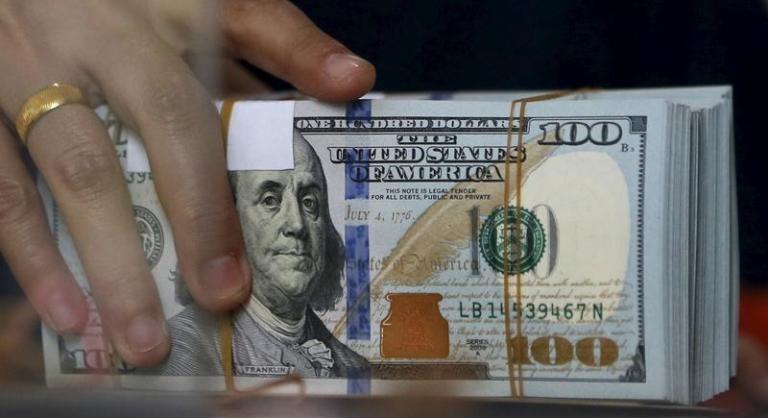Sudanese pound continues to decline against the U.S. dollar

December 4, 2017 (KHARTOUM) – The price of the US dollar has increased on the black market in Khartoum on Monday, settling at 26.00 Sudanese pounds as the authorities continue a crackdown on the Forex traders.
Following an unprecedented increase in dollar price last month, the Sudanese authorities introduced new measures allowing for10-year prison term for anyone caught trading on foreign currency outside the banking system or approved institutions.
Also, the Central Bank of Sudan (CBoS) revoked business licenses of a number of gold trade companies saying the decision was prompted by their involvement in currency speculations.
Money traders told Sudan Tribune on Monday the purchase price of the dollar reached 25,5 pounds while the selling price settled at 26,00 pounds compared to 25,00 and 25,5 pounds on Sunday.
They attributed the increase in the dollar price to the low supply due to a security crackdown.
A black market trader told Sudan Tribune that most of the Forex traders transferred their activity abroad and in particular to the Gulf States.
Meanwhile, the Interior Minister Hamid Mannan told reporters following the third meeting of the presidential committee tasked with controlling the dollar price that charges have been filed against 37 persons who trade in Forex abroad.
He added the police ordered to arrest those black market traders, saying their names will be announced as soon as they are captured.
“If they refuse to appear, they will be arrested by Interpol in accordance with the international cooperation to hand over fugitives and wanted persons,” he said
In November 2016, the CBoS introduced an incentive policy, increasing the exchange rate in commercial banks by 131%. As a result, the U.S. dollar exchange rate went up in banks to 15.8 SDG from the official rate of 6.5 SDG.
However, this measure didn’t halt the rise of the dollar against the pound in the black market.
The Sudanese pound has lost more than 100% of its value since South Sudan’s secession in 2011, pushing inflation rates to record levels given that the East African nation imports most of its food.
The most recent International Monetary Fund (IMF) report indicated that Sudan’s foreign reserves cover approximately one and a half months of imports.
(ST)
